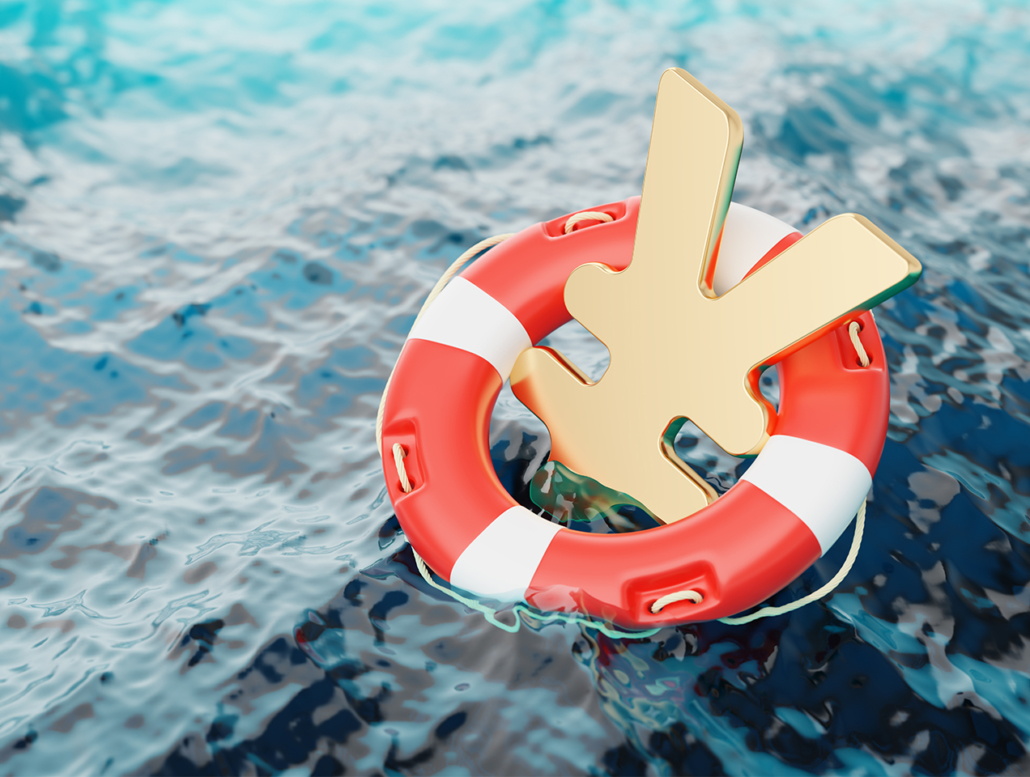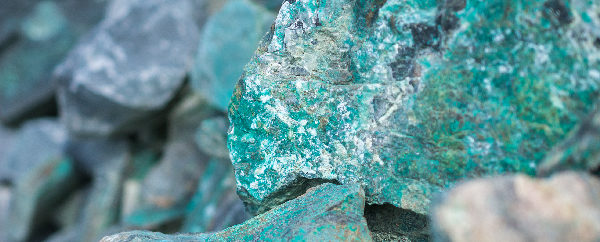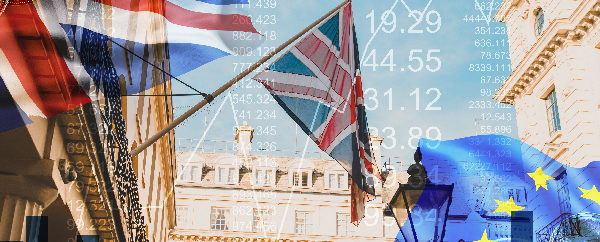Japan’s CEOs are feeling the effects of the ongoing trade war between the US and China, according to a quarterly Nikkei survey.
The results of the survey, published at the end of 2018, revealed that nearly 70% of respondents believed that their earnings would be negatively affected by the US-China dispute, an increase of 8.5 percentage points since the September survey.
Responses cited several negative effects of the continuing trade war, including:
- Worsened market conditions due to trade friction (31% of respondents).
- US tariff hikes and retaliatory measures (18.6%).
- Knock-on effects on the procurement process (17.9%).
However, they were also responding to the circumstances by taking measures to mitigate the negative impact of trade friction and higher tariffs.
More than a fifth (21.3%) of those surveyed said that they were working with their suppliers and customers to identify ways to spread the burden of higher costs along the supply chain.
More than one sixth (16.9%) said they had raised the prices of their products to help offset their own higher costs, with the same proportion taking steps to switch suppliers or move production sites to reduce their exposure to cost increases.
At the time, relations between the US and China were strained even further by the arrest of Chinese telecoms brand Huawei Technologies’ chief financial officer and moves to prevent Huawei products from being used in various countries – something that continued throughout the first half of 2019.
No end in sight?
The survey found that nearly two thirds of respondents (64.1%) expected the trade war to continue until the next US presidential election takes place in 2020, while less than one per cent (0.7%) thought it would end quickly.
But even the election might not be the end – 7.6% told Nikkei they believe Donald Trump will be re-elected, extending the dispute into a further presidential term and at least as far as 2021.
An equivalent 7.6% said that even if Donald Trump loses his re-election bid, a new US administration will not quickly put an end to the trade war.
An international solution
With Japan facing a massive shortage of labour, some business leaders have looked to hire more workers from outside of the country; Nikkei reported that in October 2017 the foreign workforce in Japan stood at a record level of nearly 1.3 million individuals.
The Nikkei survey found that only 1.4% of business leaders disapprove of the Japanese government allowing more overseas workers to come into the country to fill this critical labour gap.
Most of those surveyed – 51.7% of respondents – were supportive, while more than two fifths (41.4%) were ambivalent to the move.
Business leaders are looking to increase the international workforce in their own companies too, with the Nikkei survey finding:
- 7% planned to hire more highly skilled overseas workers including graduates.
- 9% who did not already have such plans said they would consider doing so.
- 3% said they would recruit more from international students in Japan.
- 5% who did not plan to do so said they would be willing to consider it.
On both counts, Nikkei reported a very low rate of specifically negative responses – a sign that relatively few companies are looking to reduce their reliance on international employees.
A global outlook
Finally, the survey asked Japan’s business leaders what their outlook was for the global economy as a whole.
A double digit proportion – 11% of the respondents from 145 companies – said they believed the global economy would worsen by mid-2019, the highest score for this response in the preceding two years.
The majority, 55.2% of those surveyed, expected to see expansion in the global economy by the middle of the year, but this was down significantly from the previous two surveys, including a 16.3 percentage point drop from autumn 2018 and a 24 percentage point drop from the 2018 summer survey.
Among those who anticipated a fall in global fortunes, China’s economy was the most widely cited reason – a consequence of a decline in manufacturing of products like machine tools, and of a fall in corporate earnings and equities.
Many of these effects are likely a direct consequence of the dispute with the US, and investors looking to the East may need to keep one eye on the West for the foreseeable future.
https://asia.nikkei.com/Economy/Trade-war/Nearly-70-of-Japan-CEOs-say-trade-war-is-taking-a-toll
Disclaimer: The information provided here is not investment, tax or financial advice. You should consult with a licensed professional for advice concerning your specific situation.




